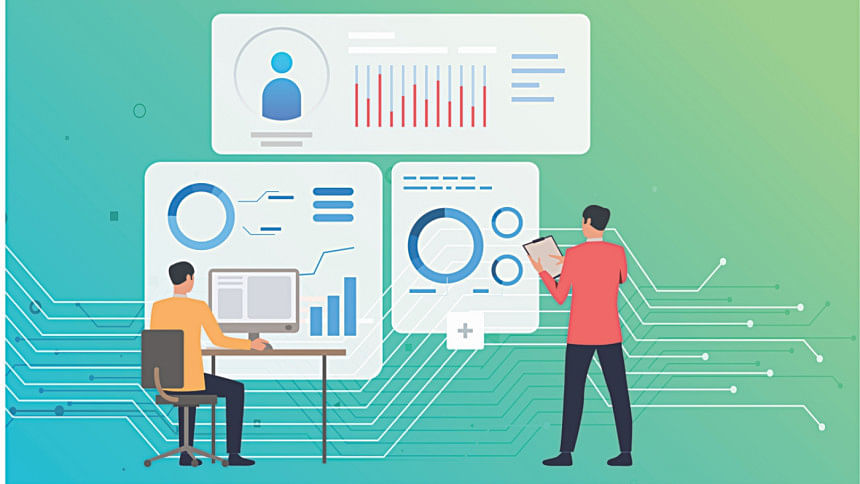The need for being proficient in data analytics

Data analytics could be more important in organisations than a second language or even past work experiences. In the last few years, data landscape has seen tremendous changes. The world has moved away from a place, where data used to be hidden away to a point where it can now be harnessed by almost everyone.
Analytics is the ability to collect, interpret, communicate and use the patterns that appear in data to make informed fact-based decisions. It depends on the concurrent utilisation of operations research, statistics and computer programing in order to measure the execution in an organisation and improve performance.
Data has opened up competition in the modern business world. Companies and organisations want answers that are out there, waiting to be discovered, and the winners are those organisations that equip and educate their teams to find and share them. Data can no longer be confined to the IT department or technical specialists. As a result, organisations are providing self-service analytics tools.
With the increased use of technology, the sheer amount of data collected and stored throughout the world has made it imperative to know how to use it to our advantage in our career. This could help us move up the ladder by putting us ahead of the competition. The market success of companies is driven by analytics, statistics, data and probability that is designed to define and solve problems. It is anticipated that organisations will give more priority to the candidates with higher capabilities and skills in data analytics for employment.
It is not necessary for candidates to have the same skill levels as those of specialists, but some familiarity would be beneficial for them. Few ways to improve competence in data analytics are jotted down below.
Be clear about the desired outcome
Typically, analytics exercises are considered holistically and are mapped out with the end result in consideration. Data can be processed to address a wide range of situations or problems. So it is crucial to be clear about the desired outcomes.
Ensure the COLLECTION OF needed data
There is an assumption that data is readily available to provide the desired answers. That is a misconception. Systems must be put to place first, to collect or generate that data.
Understand what is possible with the collected data
The collected data should be used properly in order to ensure maximum efficiency. It is important to emphasise that the results generated from the data collected and the analysis made is not infallible.
Learn the basics of a few software applications
In order to deepen the understanding of data analytics, it would be beneficial to learn the rudiments of at least one software application such as Microsoft Excel, Google Analytics Premium, etc.
The field can be quite intimidating but can provide a more pragmatic perspective.
Nabila Hossain is a senior at IBA, DU. Reach her at [email protected].

 For all latest news, follow The Daily Star's Google News channel.
For all latest news, follow The Daily Star's Google News channel. 



Comments